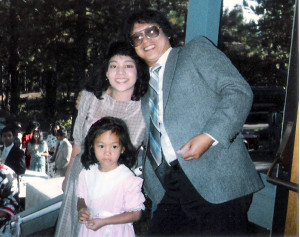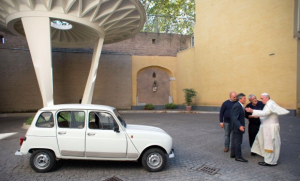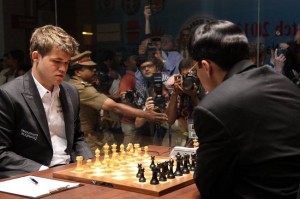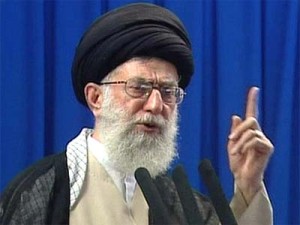“I ate pasta, family ate rice,” says Melanie Vanderlipe Ramil, who comes from a Filipino-American family and wrote that phrase as a contribution to the Race Card Project and as a way of characterizing one aspect of her cultural identity. As a girl Melanie was embarrassed that she couldn’t offer visiting school friends main-stream American snacks like hot dogs or Tater Tots – such things weren’t to be found in her family kitchen. Melanie’s friends were mystified (and she was mortified) by the huge rice dispenser which was the centerpiece of her family kitchen. Her family ate Filipino food, and rice was served with every meal. In middle school Melanie told her family she wasn’t going to eat rice any more and her accommodating mother made her pasta instead. Her story is not unusual for immigrant families. Fortunately, Melanie’s subsequent story is common these days as well. In her 20’s she came to discover that her Filipino heritage made her special, and she has since embraced Filipino cooking. Ironically, as she told NPR, she is now making sure Filipino traditions are kept alive in her extended family, making sure the young people in her family know how to make the traditional dish of lumpia, (similar to an eggroll):
“I would prepare my grandmother’s lumpia recipe and kind of set up a lumpia sweatshop, if you will,” Ramil says. “For each of my cousins’ children … there are about 25 or 30 of them — I would put a place mat in front of them, lumpia wrappers … a little bowl of raw meat.”
Melanie is making sure such traditions have some permanence and extend beyond her family, writing a blog, Lola’s Journal, based on her grandmother’s life (and cooking).
For many of us food is an important part of our cultural identity, which may or may not be tied to ethnic backgrounds. Melanie’s story shows us that sometimes that connection is complicated and changes over time. I’m writing this on Thanksgiving and I’m looking forward to a new tradition my family started last year: the 10-minute instant Thanksgiving dinner, consisting of a purchased roasted chicken (how great that our main grocery store is open on Thanksgiving), boxed stuffing, instant mashed potatoes, canned vegetables and gravy, heated-up rolls. No gourmet feast, but it does allow more time for socializing, games, and emptying my growler, not to mention eliminating the 5 a.m. turkey preparation – a tradition I’m willing to pass up.



